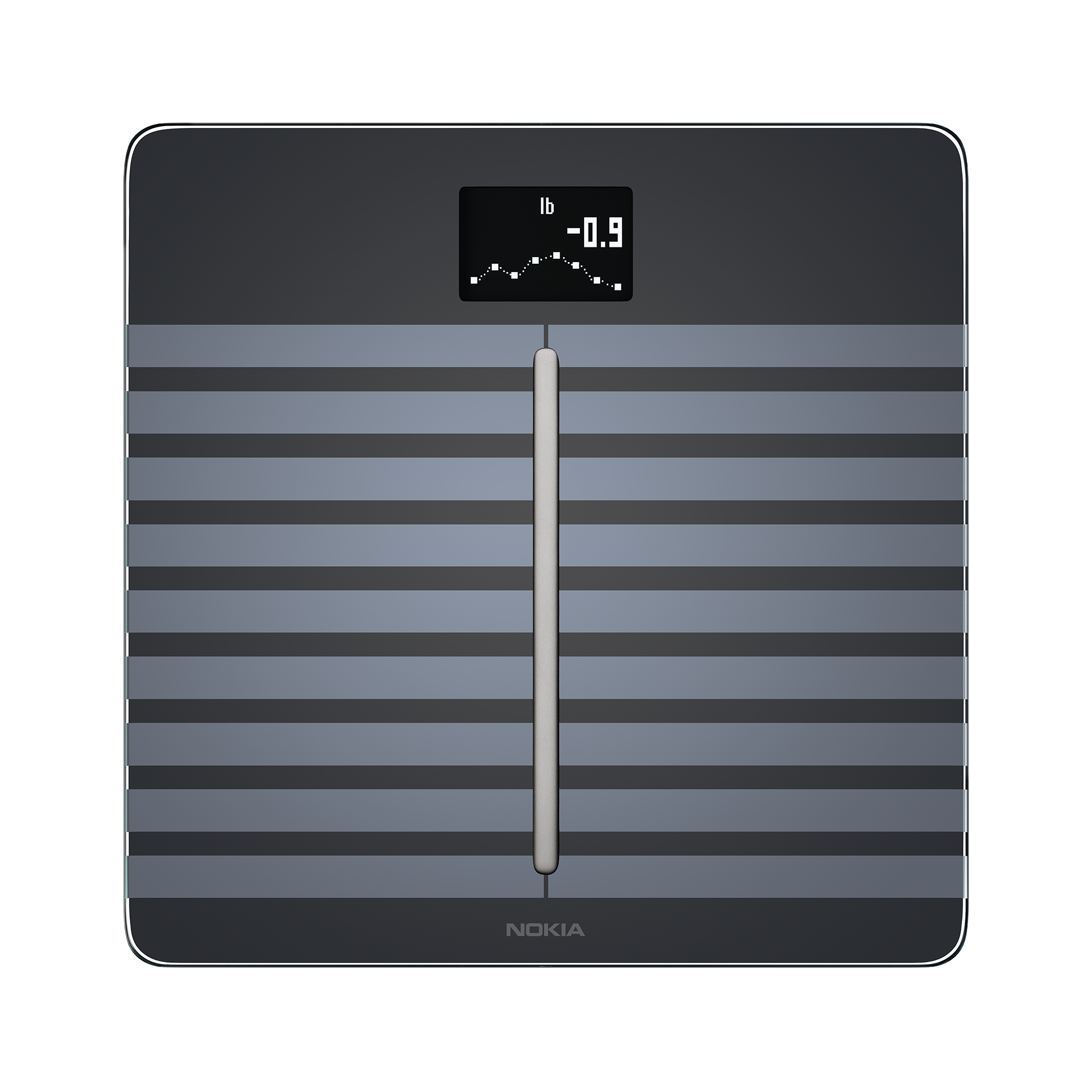
Imagine you see a platter of brownies on the counter at work. Do you ignore them? Take a small piece? If you’re anything like most people, whether you have a piece or not, it’s difficult to push the temptation from your mind. Read on to learn about two different strategies, moderation and abstinence, that can be helpful in controlling less than healthy habits.
Like drugs and alcohol, food can be an addiction—especially junk foods high in fat, salt and sugar. According to the Food Addiction Institute, continuous eating of highly palatable foods, or junk food, can cause chemical dependencies, which lead to cravings. Just like with drug and alcohol addiction, figuring out whether abstinence or moderation works best for you can set you on the path to overcoming those unhealthy cravings.
We’ve all heard the old mantra, “everything in moderation,” and a few of us are even capable of sticking to it. Our own Susie Felber, Global Content Director at Withings, told me about her mother-in-law, who seems to be the epitome of a successful moderator, saying, “She adores good chocolate, breaks off a square or two, and wraps the bar back up until the next time she wants it. I doubt she’s ever had a binge in her life, and she’s kept to a healthy weight for her entire life. She drinks wine almost daily — but only a glass. She also smokes cigarettes, which one would say is a very bad thing, however she’s always been happy with having just one or two a day. At 81 years old, there’s little fear she’ll suddenly go off the rails, and so none of her friends or family are stepping in to tell her to quit.” She adds, “If there’s a gene for moderation, I don’t have it, but hope it’s been passed to my kids!”
For all the lucky people out there like Susie’s mother-in-law, who can be satisfied by indulging in just a small amount of something, practicing moderation is a great way to slip in a tasty treat. By controlling the portion size of sugar, salt and fat-dense foods, you can enjoy your favorite unhealthy foods while still maintaining an overall healthy diet. However, many of us struggle to eat just one piece of chocolate, one cookie, or one potato chip. For those of us who can’t stop once we’ve had that first bite, we might be better off abstaining from junk food all together.
Although it is still debated, in the world of addiction recovery, abstinence is generally accepted as the best method for cutting out unhealthy habits. According to SMART Recovery, in the long run, there’s less risk in cutting out unhealthy habits altogether than there is in attempting to incorporate them into an otherwise healthy lifestyle. However, alcohol and drug addictions differ from food addictions in that these substances can be completely eliminated, while food as a whole cannot. However, it is possible to eliminate added sugar or processed foods, for example. Not only that, but the longer you go without eating fries or candy bars, the less your body will crave them.
However, for others, seeing certain foods as off-limits can cause feelings of deprivation and intensify cravings. These types of people may do better with an approach of moderation, which allows them to occasionally indulge in junk foods guilt-free. At the same time, it’s important that this “moderation” doesn’t turn into excess and lead to a complete derailment of an otherwise healthy diet.
One celebrity who passionately believes in abstaining from certain foods during weight loss is Penn Jillette, best known as the taller half of the comedy-and-magic duo Penn & Teller. In a 2015 article, Jillette stated, “Not only do I not do moderation, I don’t respect it in any way.” After being hospitalized from excess weight-related health issues, Jillette opted to drop pounds on his own, instead of allowing doctors to perform weight loss surgery. With the help of the Withings scale and blood pressure monitor, Jillette lost 120 pounds in four months by eliminating salt, sugar, animal products and refined grains, and eating only “whole plants.”
Regardless of whether you choose to keep yourself in check by eating small amounts of what you crave or by eliminating junk foods altogether, incorporating an app or connected device could help you stay on track with your weight and health. With a Withings scale, you can track weight trends and give yourself a sense of accountability. Or, like Jillette, who recruited friends to lose weight and start eating healthy alongside him, you could find a few people willing to join you in practicing healthy habits. With support and a competitive spirit, you can make a healthy lifestyle change fun instead of seeing it as an obstacle to be overcome.
Whether you practice moderation, abstinence, or a combination of the two, backing away from refined sugar, salt and fats, and moving towards natural whole-foods is a great step towards a healthier lifestyle.



